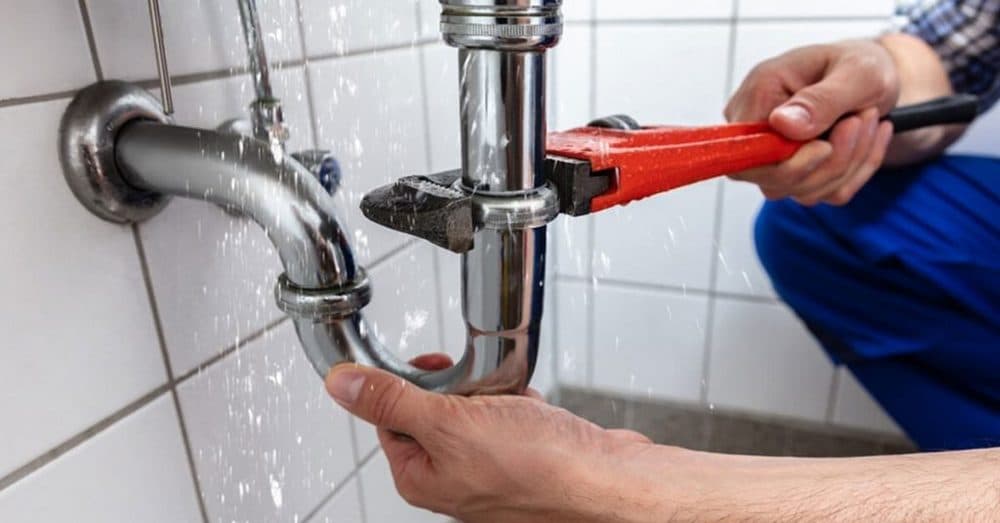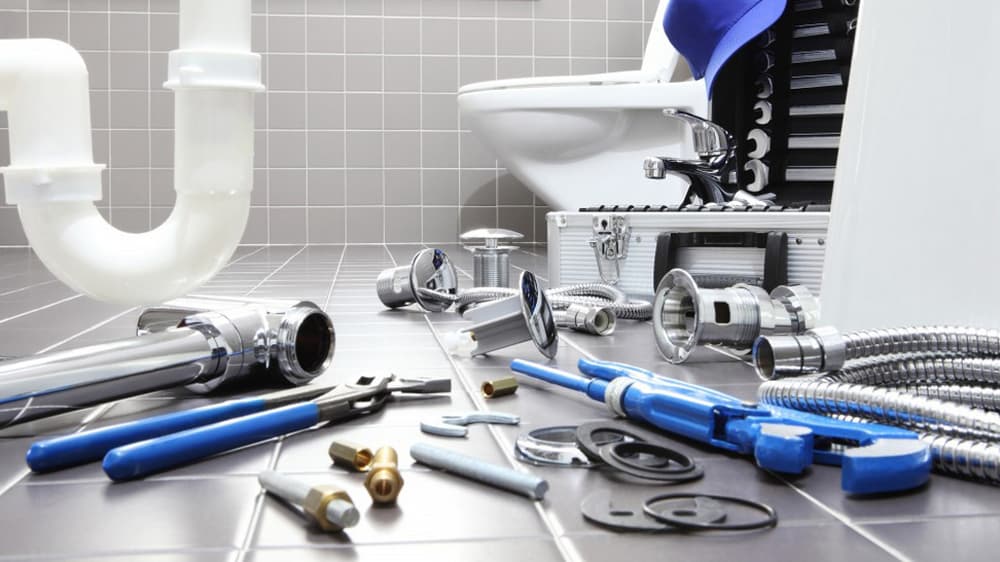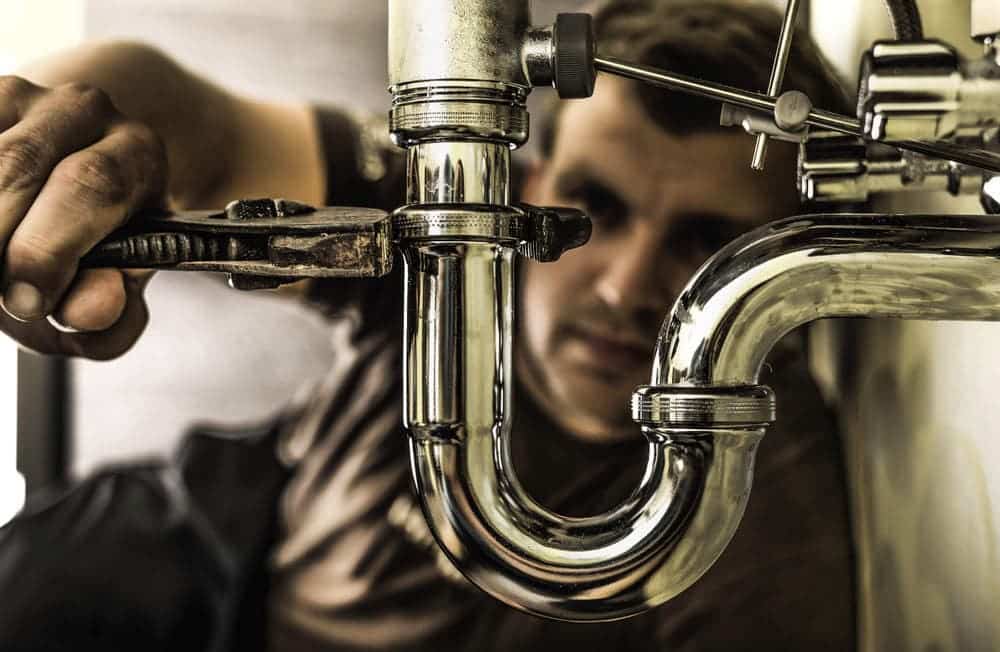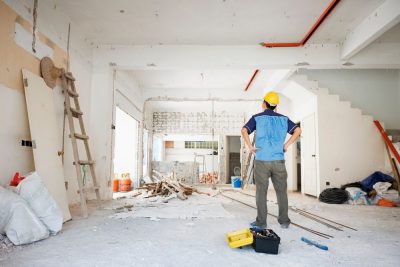
Your house is your kingdom, and your plumbing system is the lifeline that keeps it going. However, like other equipment, your drainage will wear down with time.
Suppose you’ve noticed that your sewers are flowing slower than expected. In that case, it’s very likely that your water pressure is dropping. Or, what about you see splashes of water throughout your home? Then it’s one of the tell-tale signs that your home plumbing system may be degrading.
While it is typical for plumbing installations to break down with time, there are a few warning indications that your system is malfunctioning and needs to be repaired or replaced.
8 Indications That Your Home’s Plumbing System is Failing
We will cover in detail the eight indications that your home’s plumbing system is failing. We’ll also be covering some of the solutions if you want to fix the issue yourself. However, you might also want to look for professional help with some of the stuff we’ll be covering below.
It’s often worth getting a second estimate for plumber repairs, especially for costly fixes such as repairing a water line, says Brad Hackler, a licensed plumber in McKinney, Texas.
1. Damaged Sewage System/Sewer Backups
Sewer blockages are among the most dreadful plumbing issues imaginable. The most annoying aspect of a sewer backlog is that it can quickly make people and pets living in a house ill.
Untreated wastewater produces toxins, viruses, and other pollutants that can cause a variety of health problems. These toxins may enter your drinking water if your septic system is not properly managed. And the issue is that these toxins are so little that they can get past water filters!
The Incognito Contaminant category includes Hepatitis, Salmonella, and E. coli, which might offer health hazards if your septic system becomes infected. Consumption or soaking in tainted water from a defective or damaged drainage system can also induce nausea, digestive difficulties, and immune system weakening.

2. Sewer Odor
Without delving too deeply into the construction discipline, a common and essential rule of thumb is that each drain requires a trap, and every trap requires a release valve. These traps and gutters are intended to keep sewage gas out of your residence.
Sewer scents should be channeled onto the roof via the ventilation system in your living area. At the same time, drainage traps form a “water plug” that functions as a buffer, preventing sewer aromas from entering the kitchen line.
Suppose you detect sewerage gases in your home. In that case, it signifies that a trap has become ineffective or a vent line has ruptured.
A dry trap can be repaired by simply replenishing it with water, or it may need to be inspected for evidence of a leak. Finding and fixing a damaged sewer vent can be much more challenging because they are frequently enclosed in a wall and necessitate some drywall work.
3. Rusted Water Heaters
The water heater’s periodic maintenance is the key to ensuring that its in good operating condition. But you should know the basics of plumbing maintenance first before going for it.
But, with time, even the chambers within heating systems can begin to corrode. This is because almost all water heaters contain a disposable catalyst that absorbs the ions in tap water. This pole is extremely unstable and will rust before the water heater’s metal lining.
This causes silt buildup and poor pressurization. Sediment accumulation in outdated radiators can create health problems and harm the water heater. It will enable your heater to run longer and use more electricity. This implies that the aluminum structure of your heater will be subjected to far more strain than it was meant to withstand.
Corrosion can infiltrate your home’s water supply in some circumstances when sections of the water heater simply no longer have the ability to perform as efficiently as they previously did.
4. Poor Water Pressure
Then, when you stand in the bathroom, do you notice an excellent, continuous flow of water flowing onto you or a faint, disagreeable stream? If it’s the latter, you most certainly have low water pressure, which usually indicates a plumbing problem, though there are many other possibilities. An inspection by a skilled plumber is the only method to determine what is wrong.
5. Discolored Water
The water exiting your pipelines ought to be transparent. It may be due to city or house plumbing if you detect any coloring in your water, such as brown, yellow, green, or any other hue. Consult with a plumber to determine the source of your tainted water.
Wastewater can permeate rust, silt, and chemicals from pipes as they age. Cloudy water can signal that there is too much airflow in the piping. Green tints in water are created by enhanced version corrosion in copper pipes. Yellow and brown water typically involve rust.
Suppose the discolored water becomes an issue in the municipality. In that case, you can remove extra iron, grit, and other impurities by installing a whole-house filter system.
If the problem is caused by your actions, you may be required to replace your rusted pipes with copper ones. This will clear your water and prevent things like broken pipes from causing significant water damage to your property.

6. Dripping Faucets
Everyone understands how inconvenient a leaking sink is. What you may not realize is that it could be an indication of a much more significant plumbing problem. Taps, spills, and leaks usually indicate a problem with the valves.
If you encounter an issue with one of your home’s valves, it’s usually time to have the others checked out. Additionally, dripping faucets might cause your water bill to skyrocket, which is undoubtedly the last issue you need.
7. Gurgling
Squeaking sounds from your water system or gadgets is rarely a good indication. If you hear gurgling noises when bathing, emptying the toilet, or operating your washing machine or dishwasher, it could mean that your drains are clogged or compromised. To avoid a nasty water backup, turn off your appliances and stop using your water until a plumber arrives for an inspection.
8. Sudden Rise in Water Bills
Water bills that are very high may indicate problems with a normal home’s plumbing system. Leaks in your water pipes might cause water to be diverted elsewhere, increasing your meter readings. If you do not address this issue, the fractures in the pipes may expand, resulting in an additional loss.
Your total expenses may also rise as a result of a toilet leak that causes it to empty constantly. A running faucet or service line leak could possibly be the source of the problem.
The excessive use of water in your community may put significant pressure on the local water supply. Your water expenses may also skyrocket, posing a significant threat to your finances.
Steps To Take If Your Home Plumbing System is Failing
If the plumbing system in your house is malfunctioning, you need to take immediate action to remedy it. First, examine the flow in your home’s plumbing fixtures. If it’s too low, you need to take steps to ensure a better, smoother flow in the water supply.
You may accomplish this by unlocking your home’s main water inlet and rotating the lever to the right. You should lower the intensity if it is too great. You can turn the knob to the left on your home’s main water valve.
Following that, you must inspect your home’s water heater. If your heater is not functioning correctly, it should be reconditioned. Finally, you ought to have a plumbing company examine your home’s plumbing system. A competent plumber will be able to discover and repair any concerns with your home’s drainage system.
We advocate hiring a professional plumber since attempting projects beyond your skill level might cost you a fortune if done incorrectly. If you do a half-baked job or the mission goes completely awry, it can end up costing you infinitely more. And that is one of the biggest reasons why you should avoid DIY plumbing. For intricate plumbing jobs, such as installing a new toilet or washing machine, it’s best to hire a professional. However, there are some simple tasks that you can confidently attempt to take care of by yourself.
Final Words
If you notice any symptoms that your house plumbing system is malfunctioning, you should act immediately. Plumbing issues can quickly worsen and become quite expensive, so it’s better to deal with them as soon as possible.









